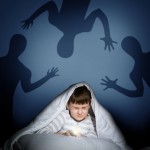
Regular dental examinations are considered an important element of preventive dental care. The aim of this cohort study was to assess the impact of routine dental attendance between the ages of 50 – 65 in relation to major tooth loss and Oral Health related Quality of life (OHRQoL) In 1992 all 50-year-olds in two Swedish [read the full story…]











